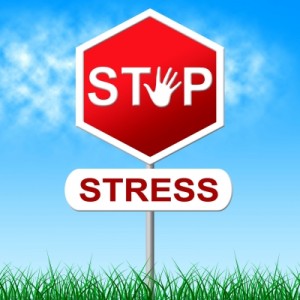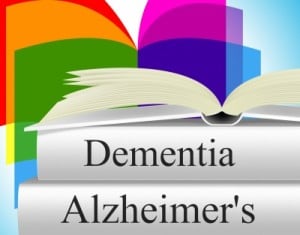Mood disorders are a category of mental illness that cause a significant change in a person’s mood. Depression is a common feature of mental illness with 20% of the US population reports at least one symptom of depression a month. Various types of mood disorders identify depression as the main issue, can hinder a person’s normal function in day to day life. Read our blog “10 Types of Depression" where we discuss different types of depression and how neurofeedback can be used to calm symptoms to improve quality of life.
Emotional symptoms of mood disorders include:









